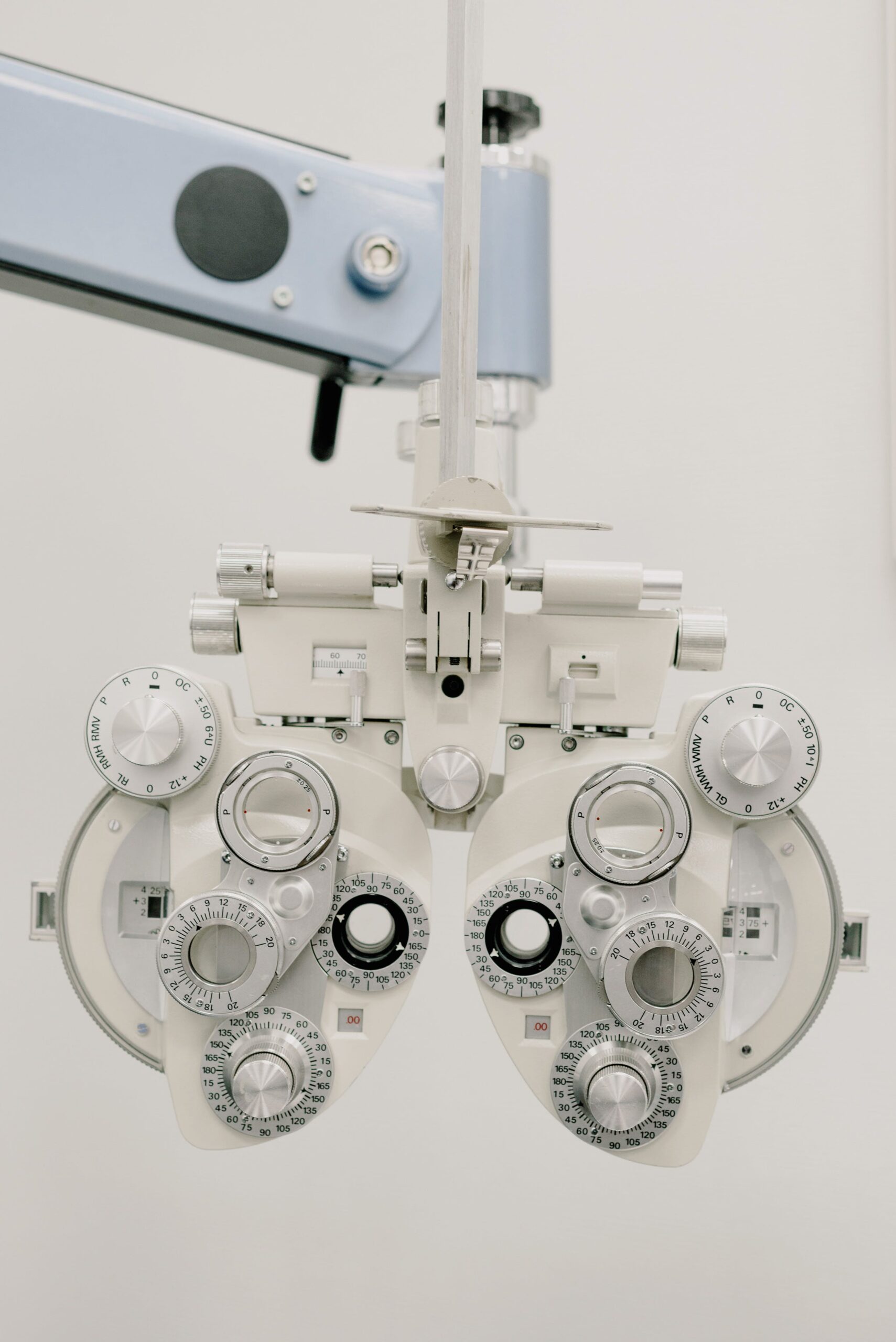Introduction: 2 environmental, and lifestyle factors. In this comprehensive overview, we will explore the fundamental concepts, advanced tools, and ethical considerations that make precision medicine a game-changer in healthcare.
Part 1: Fundamentals of Precision Medicine 1.1. The Essence of Precision Medicine and Its Evolution Precision medicine represents a paradigm shift in healthcare, evolving from a one-size-fits-all approach to personalized care. We'll delve into its historical roots and the key milestones that have shaped the field.
1.2. The Role of Genetics in Precision Medicine: Genomics and Gene Profiling Genomic research is at the heart of precision medicine. We'll discuss how genomics and gene profiling are used to identify genetic variations associated with diseases and treatment responses.
1.3. The Power of Bioinformatics in Precision Medicine Bioinformatics plays a pivotal role in managing and analyzing the vast amounts of data generated by genomics and other omics technologies. We'll explore the tools and algorithms that enable data-driven insights in precision medicine.
Part 2: Genetic Research in Precision Medicine 2.1. Genetic Markers and Their Diagnostic and Therapeutic Significance Genetic markers provide valuable insights into disease risk, prognosis, and treatment options. We'll examine the different types of genetic markers and their clinical applications.
2.2. Genomic Technologies and Sequencing Methods To understand an individual's genetic makeup, various sequencing technologies are employed. We'll provide an in-depth look at these technologies and their applications in precision medicine.
2.3. Genomic Databases and Their Role in Research Genomic databases house a wealth of genetic information. We'll discuss the importance of these databases for research, as well as their role in accelerating the discovery of disease-related genes.
Part 3: Application of Biomarkers and Diagnostic Tests 3.1. Biomarkers: Predicting and Monitoring Diseases Biomarkers are essential for predicting disease risk and monitoring treatment responses. We'll explore examples of biomarkers in oncology, cardiology, and other medical fields.
3.2. Biomarkers and Treatment Efficacy Tracking biomarkers during treatment can help healthcare providers assess the effectiveness of therapeutic interventions. We'll discuss the role of biomarkers in personalized treatment plans.
3.3. Case Studies: Real-Life Applications of Biomarkers Through case studies, we'll highlight how biomarkers have revolutionized patient care by enabling earlier diagnoses, more targeted therapies, and improved outcomes.
Part 4: Precision Therapy 4.1. Individualized Approaches to Treatment Precision therapy tailors medical interventions to a patient's unique genetic makeup. We'll explore how this approach is revolutionizing the treatment of various diseases.
4.2. Pharmacogenomics: Guiding Drug Selection Pharmacogenomics helps identify the most effective medications for each patient based on their genetic profile. We'll delve into the role of pharmacogenomics in optimizing treatment plans.
4.3. Artificial Intelligence and Machine Learning in Precision Therapy Cutting-edge technologies like AI and machine learning are assisting in treatment decision-making. We'll discuss how these tools are used to analyze vast datasets and optimize treatment strategies.
Part 5: Ethical and Legal Aspects of Precision Medicine 5.1. Data Confidentiality and Patient Privacy With the wealth of genetic data involved, maintaining patient privacy and data security is paramount. We'll address the ethical challenges and strategies for safeguarding patient information.
5.2. Ethical Dilemmas in Genetic Research and Manipulation Genetic research and manipulation raise ethical questions. We'll explore some of the ethical issues surrounding precision medicine and genetic engineering.
5.3. Regulation and Legislation in Precision Medicine The legal landscape for precision medicine is evolving. We'll examine current regulations and the need for a legal framework that supports responsible and equitable use of genetic information.
Part 6: The Future of Precision Medicine 6.1. Emerging Trends and Prospects The future of precision medicine is full of promise. We'll discuss emerging trends, such as single-cell genomics and personalized immunotherapies, that are shaping the field's trajectory.
6.2. Research Directions and Innovations Ongoing research is pushing the boundaries of precision medicine. We'll highlight key areas of innovation, including advanced diagnostic tools and therapeutic approaches.
6.3. Benefits for Patients and Healthcare Systems We'll conclude by summarizing the potential benefits of precision medicine for patients, the healthcare industry, and society as a whole.
Conclusion: Precision medicine is ushering in a new era of healthcare, where individualized treatments are becoming the norm rather than the exception. This comprehensive overview has delved into the core principles, cutting-edge tools, and ethical considerations of precision medicine, painting a vivid picture of its current state and future possibilities. As the field continues to evolve, its impact on healthcare and patient outcomes will undoubtedly be profound.
